
Transforming governments in the digital age
Creating equitable and sustainable digital governments
Transforming societies at global scale
Nortal creates the building blocks and digital infrastructure used by the world’s most advanced digital societies. We work with governments on policy and strategy and then deliver end-to-end transformations with visible socio-economic outcomes. Our track record has made us trusted by governments around the globe to help accelerate public sector innovation and the renewal of services.
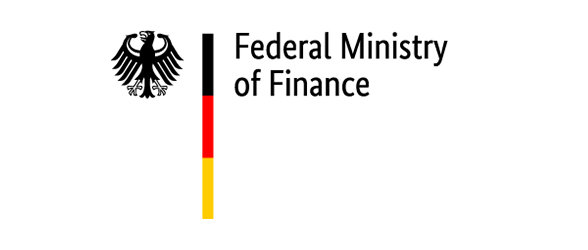
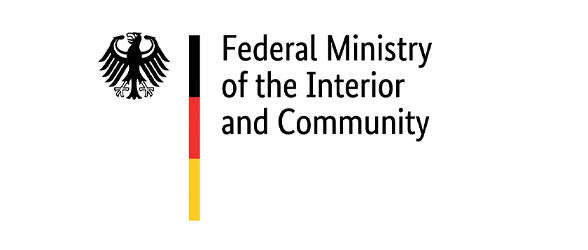
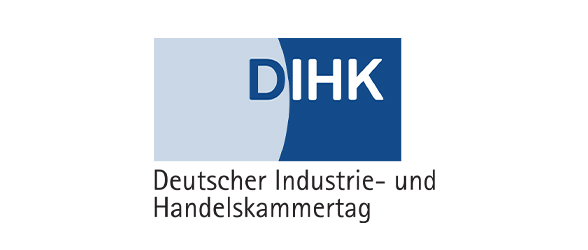
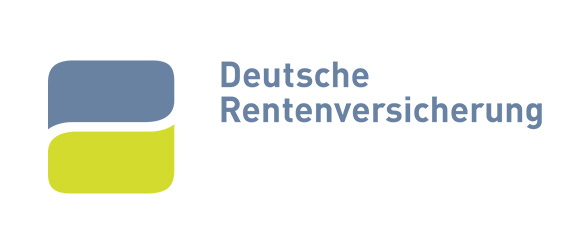
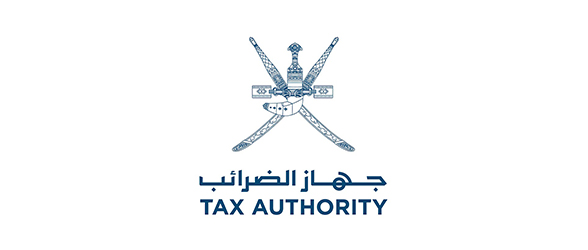

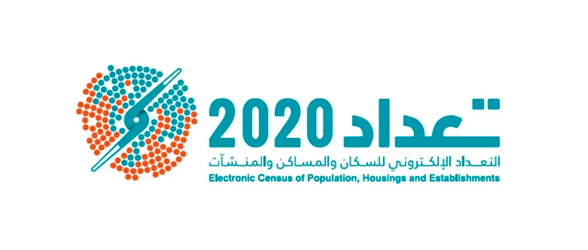
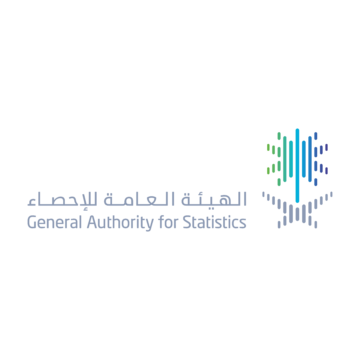
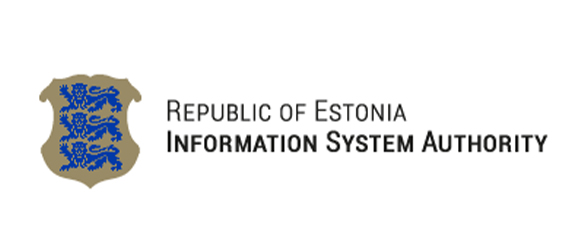
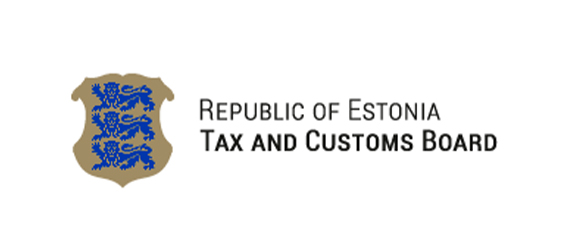
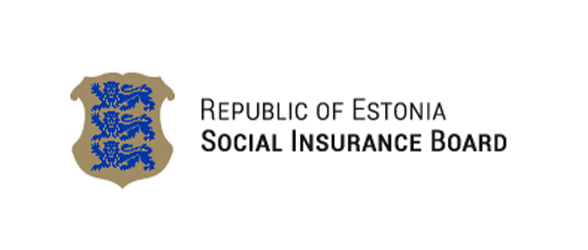

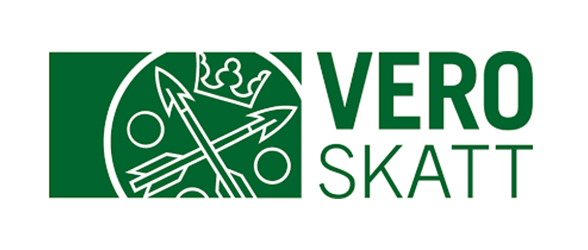


Webinar: Digital government is over. The era of personal government is on the rise
Watch the recording here

Personal Government – A vision for a post-digital era of equitable and sustainable public services
Personal government is the future of digital societies: an era of human-centric public services that addresses problems that the “traditional” digital government cannot yet solve.
Learn more from our white paperOur competencies
We bring our subject-matter expertise and decades of global industry experience to accelerate public sector innovation and renewal of services.
Governance and democracy
Social welfare
Public finance
Our solutions help assure efficient fiscal governance and management and execution of budgets.
Taxes
Business
Justice
Our solutions increase the efficiency of justice systems, creating a more equitable society with increased public trust.
Land and resources
Our solutions help governments manage land and resources effectively.
Healthcare
We help governments modernize healthcare systems and make healthcare data accessible and valuable.
Education
Climate
We help governments achieve ESG goals.
Energy
We provide the digital infrastructure and services for the free energy market and smart energy solutions.
Tourism
Our solutions help celebrate unique cultures and make them more accessible to the world at large.

Personal Government: Renewal of public services in the post-digital era
We pioneered the transition from analogue- to digital government, and we’re now inventing the future for the post-digital era: citizen-centric, personalized, equitable, and sustainable public services. We create public services that assure high public approval, policy effectiveness, and efficiency.
Tax declarations take minutes (or less), not hours or days. Social benefits need not be applied for—eligible citizens simply receive them. A new national ID or driver license is automatically received when an old one expires. New businesses and bank accounts are started with ease, securely, and in minutes.
We help governments envision outcomes, forge a strategy and actionable roadmap, and deliver services to the public.

The Real-time Economy: The digital public infrastructure that drives GDP growth
A digital public infrastructure built on a free exchange and use of information is the foundation for a highly efficient business environment.
Business transactions and reporting are simplified, and administrative burdens and costs of transactions are brought to a minimum. Government entities then use their real-time insights to fuel the economy, and data become insights that benefit both business and the general public.
We advise governments on the real-time economy and interoperability, and we deliver solutions and services that are tools for better decision making.
Get in touch
We like a good challenge. Let us offer you a new perspective.


















